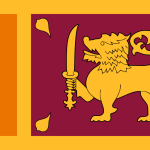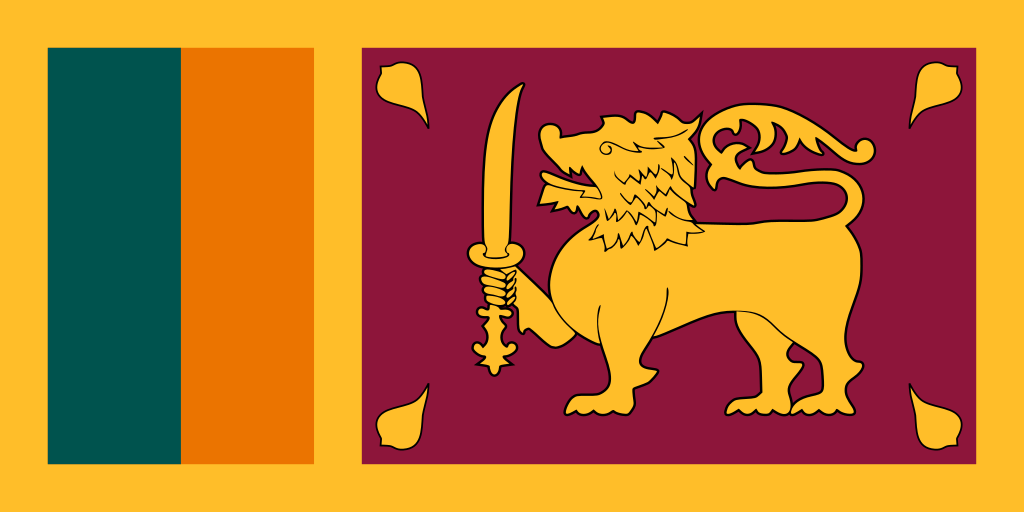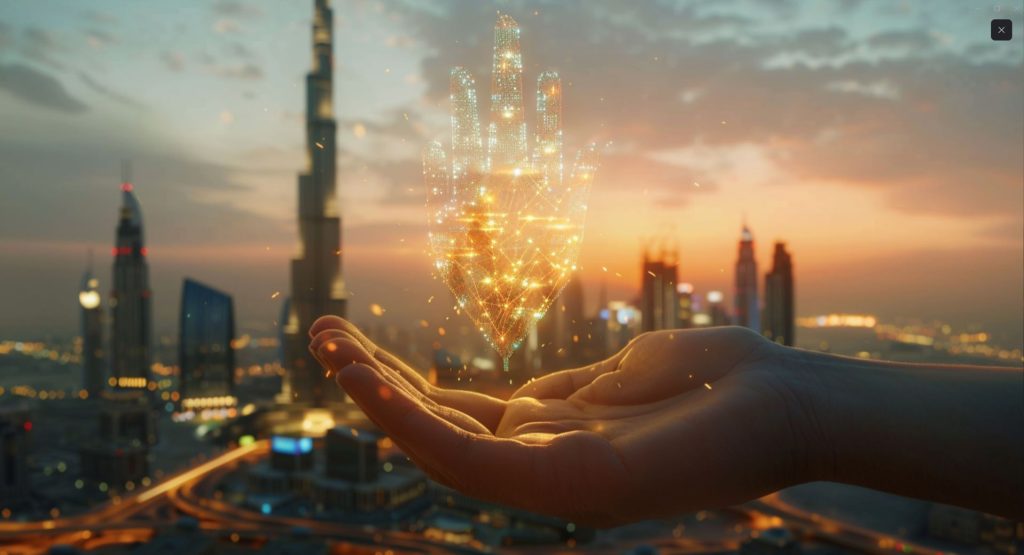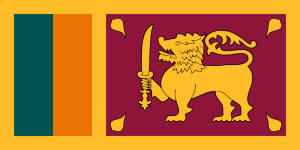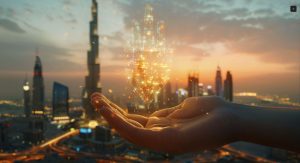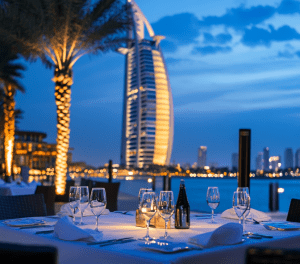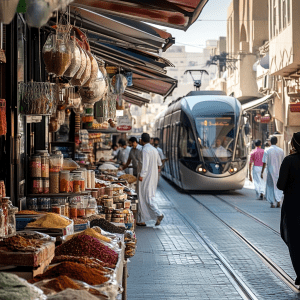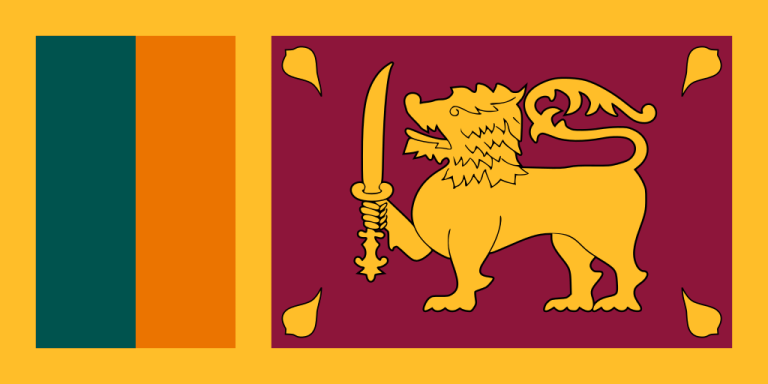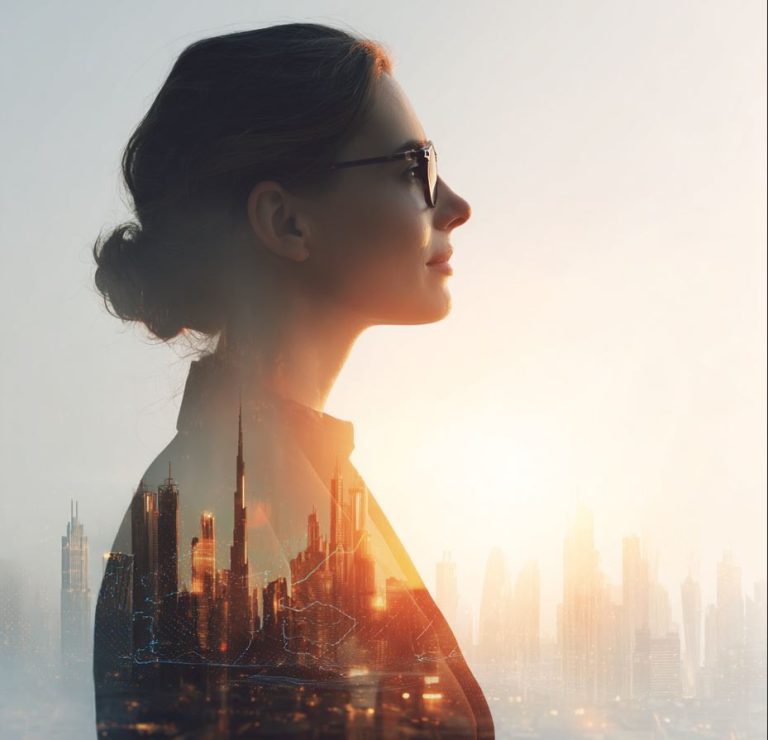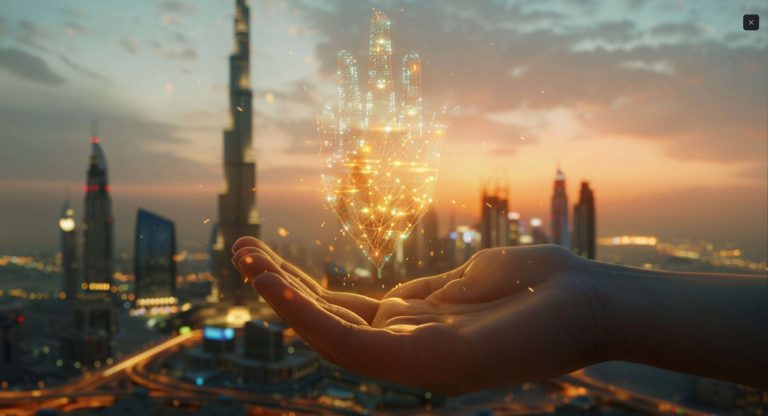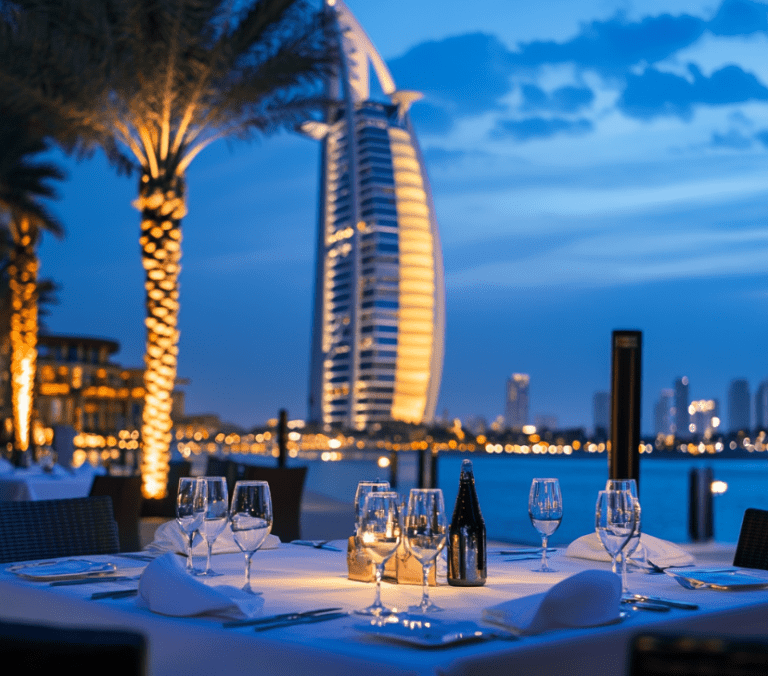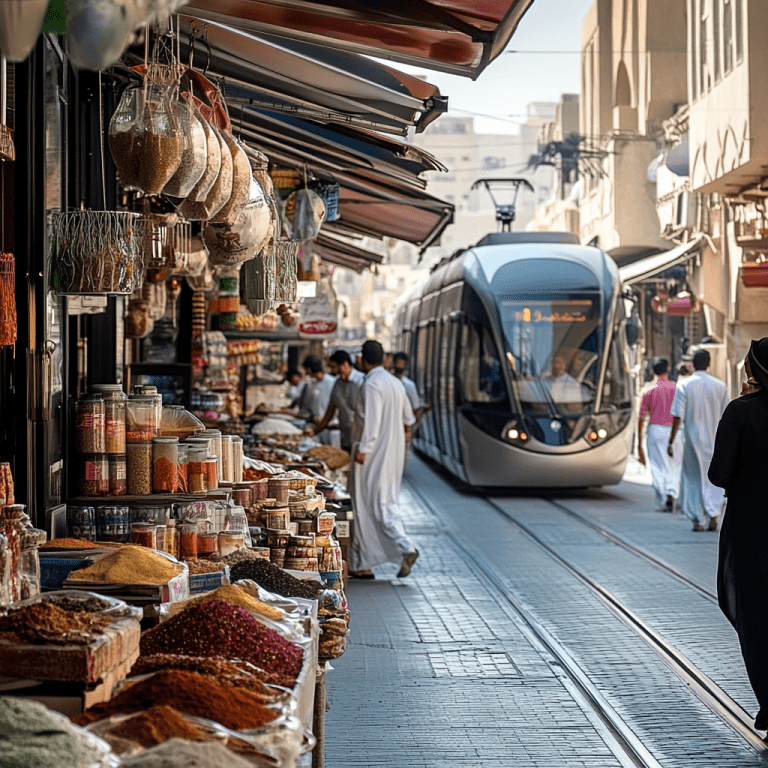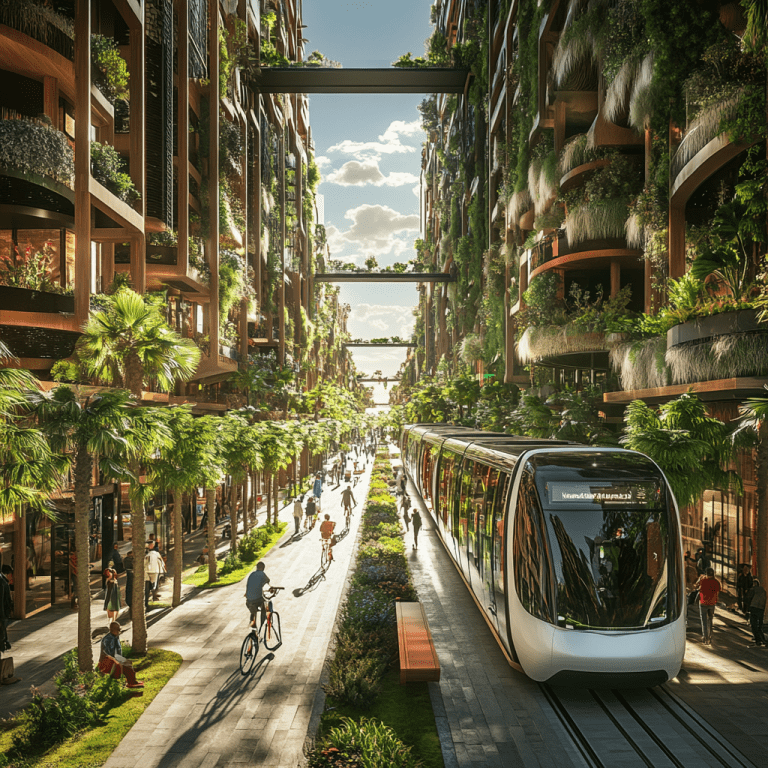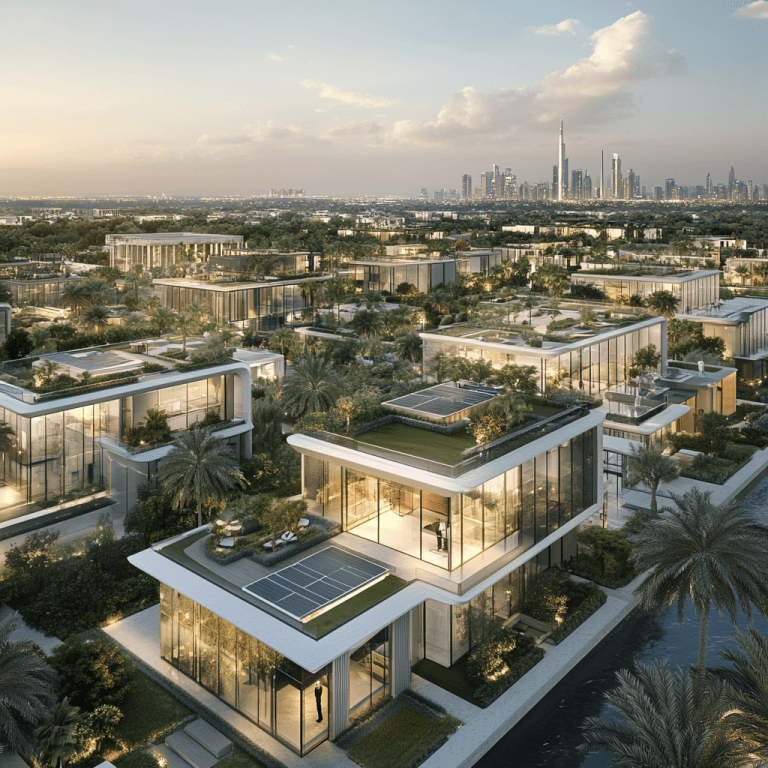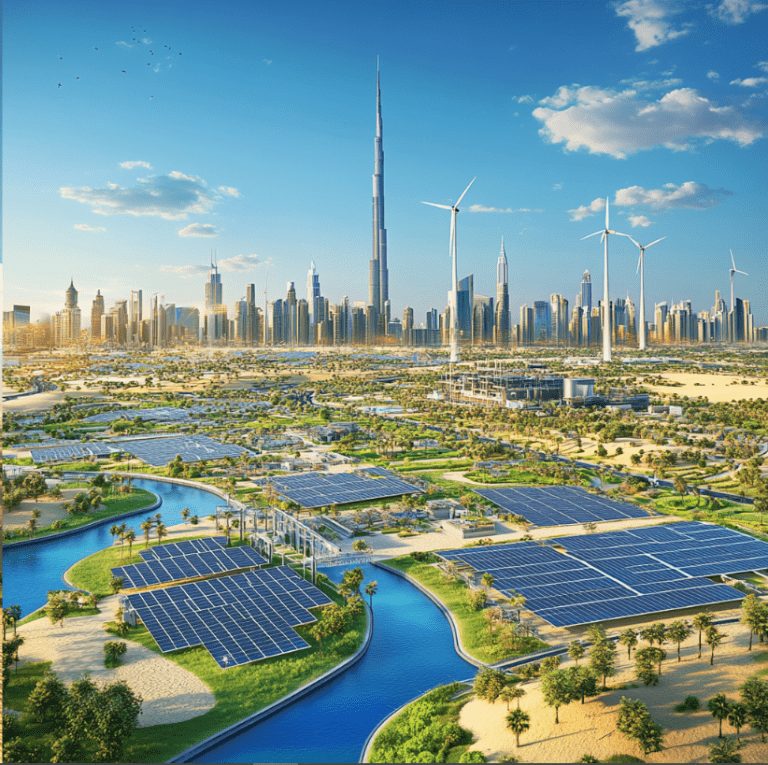The floods have brought darkness, but in its wake, the light of the Sri...
The UAE Golden Visa is more than just a residency permit; it is the...
Find out why journaling prompts are trending for mindfulness and creativity—and try a thought-provoking...
Dubai. The name itself conjures images of futuristic skylines, audacious ambition, and relentless innovation....
Struggling to find the perfect high-end gift for the men in your life, or...
Dubai’s 2025 luxury event calendar is a paradise for the elite, featuring world-class yacht...
Dubai’s cost of living is rising in 2025, but that doesn’t mean maintaining a...
Dubai is taking a giant leap toward sustainability with The Green Spine, an innovative...
Dubai’s real estate market is on fire in 2025, driven by booming investments, luxury...
Aiming for 47% Emission Reduction by 2035 As the world grapples with the pressing...
